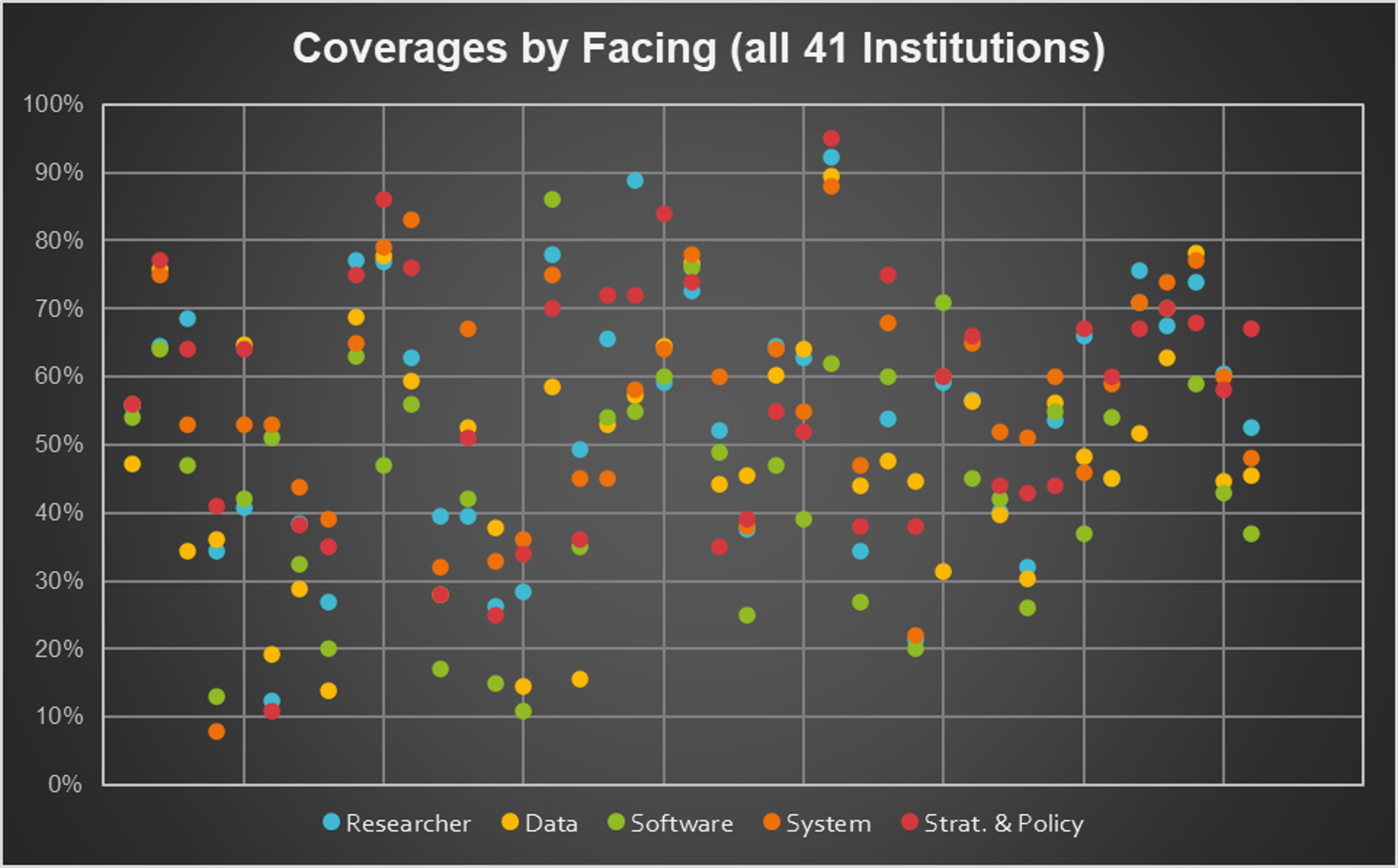Greetings, everyone. Welcome to Spring and April… No Joke!
Please mark your calendars for these upcoming People Network remote Zoom meetings. For handy calendar entries please try the CaRCC Events calendar.
Digital Scholarship Platforms and Workflows – HathiTrust Research Center and Model of Models
Eleanor Koehl (HathiTrust) and Erin McCabe (University of Cincinnati)
Tuesday, April 6, 1p ET/ 12p CT/ 11a MT/ 10a PT/ 8a HT
HathiTrust is the largest non-profit digital library in the world, and roughly 2/3 of the collection is not available for human reading. This presentation will discuss how the HathiTrust Research Center leverages compute resources at Indiana University to make text data from the HathiTrust Digital Library available for text data mining. HTRC services attempt to meet the needs of scholars with a range of skill levels, who use a variety of research methods.
UC’s Digital Scholarship Center (DSC) has developed its own platform for text mining and visualization of large-scale unstructured language datasets. This presentation will provide a demonstration of the platform in addition to reviewing topic modeling concepts that form its primary visualizations. Additionally, we will look at 1-2 analytical approaches to the platform’s output, as well as cover some of the DSC’s work / challenges with data curation, parallel modeling, and working with researchers across disciplines.
On Measuring the Impact of Training
Presentations by Kari Jordan (Carpentries), and Julie Wilson Rojewski and Astri Briliyanti, CyberAmbassadors
Thurs, April 8th, 1p ET/ 12p CT/ 11a MT/ 10a PT/ 8a HT
On previous Researcher-Facing calls, we’ve had the opportunity to discuss topics relating to measuring impact and improving training. And as discussed in the Leading Practices of Facilitation, “training & education” is one of the major pillars of our efforts. Many of us provide training opportunities and struggle to define and measure “impact” or “success” — is it short terms gains (quality scores for the class & instructors, reduced support burden, and acclimating users), long term considerations (effectiveness of training programs, building relationships, promoting awareness and participation), and does it depend on the kind of training (professional skills, technical topics)? Or are we confounding these, complicating both the objectives and outcomes?
April’s call will showcase two “case studies” of measuring training impact, where each presenter will talk about their programs, define “impact”, and explain their approach to measuring this. Please also join us by contributing to our pre-talk survey: What challenges do you currently face in measuring training impact? And what successful strategies have you tried?
New Resources Available to the National Research Community: Jetstream 2, Bridges 2, and Anvil
Wednesday, April 21st, 12pm ET/ 11am CT/ 10am MT/ 9am PT/ 7am HT
Representatives from Indiana University, Pittsburgh Supercomputing Center, and Purdue University will discuss the new systems at each of these sites and their capabilities offered to the national research community. All of these resources will be available to researchers nationwide via the XSEDE project allocations system.
Experiences and Advice for Large and Small Data Centers – Cooling
Thursday April 15th, 1p ET/ 12p CT/ 11a MT/ 10a PT/ 8a HT
Our panel will discuss experiences managing cooling (heat) in data centers – from large scale systems to clusters in closets. The brief presentations will include experiences designing and managing cooling for their infrastructure. Our panelists will take questions from participants and discuss options. Any questions about power/security will be collated for a future session.
General Track Call Information
Interested participants need not subscribe to a particular track to participate in calls. However, additional details for track members, including notes documents and any pre-call activities, will be distributed ahead of the call via the email lists and other communication channels within each track.
All calls will take place within the same Zoom room distributed via email. Please join the People Network (link just above) or contact help@carcc.org for details.
The CaRCC People Network aims “to foster, build and grow an inclusive community (termed the “People Network”) for campus CI, research computing and data professionals.” If you have received this information NOT via CaRCC’s People Network email list and you would like to join the People Network – Researcher-Facing, Data-Facing, Systems-Facing, Emerging-Centers, and other tracks – please fill in our Join the People Network form.









